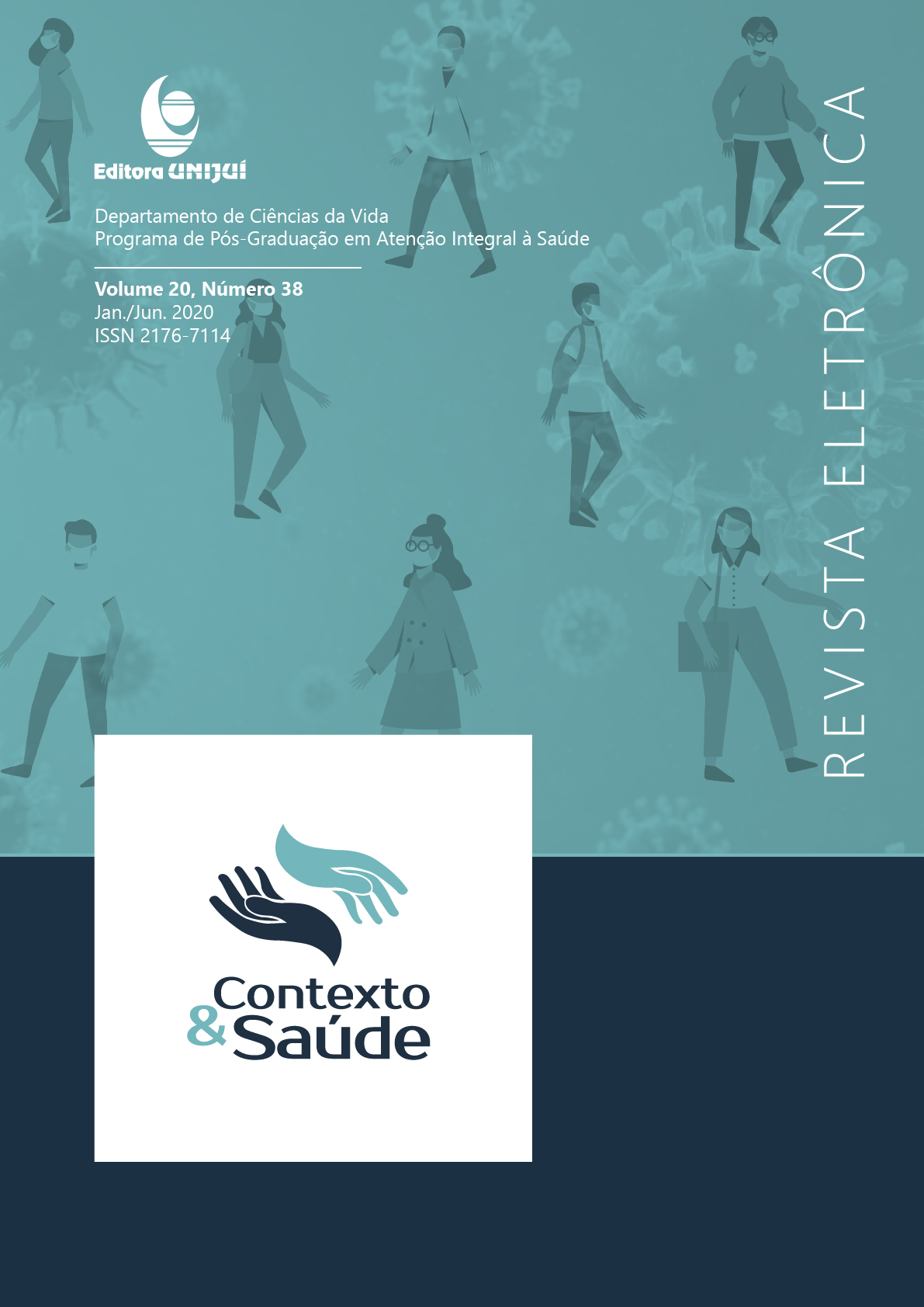HYDROXICLOROQUINE
DOI:
https://doi.org/10.21527/2176-7114.2020.38.16-21Keywords:
Hydroxychloroquine, Coronavirus, TherapyAbstract
Hydrochloroquine (HCQ) is an analogue of chloroquine, which was designed for malaria therapy. Over the past few decades, the potential for application in other pathologies, such as autoimmune diseases, oncology and viral infections, has been observed. The latter group includes the challenge of the 2019 coronavirus pandemic (COVID-19), which has infected hundreds of thousands of people and resulted in thousands of deaths worldwide. At this juncture, the objective was to discuss the potential use of hydrochloroquine in coronovavirus infections. Through the collected data, it was observed that HCQ can inhibit viral replication due to its accumulation in the lysosome and cell golgi complex, presenting low cost and helping to stabilize critically ill patients with COVID-19. However, there is no evidence regarding its effectiveness as a prophylactic drug, there are several adverse reactions and clinical contraindications, so its use should be properly prescribed by a health professional. In addition, randomized, blinded, clinical trials of coronovirus treatments should be established, so that clinical protocols can be used appropriately for HCQ.
Downloads
Published
How to Cite
Issue
Section
License
By publishing in Revista Contexto & Saúde, authors agree to the following terms:
The works are licensed under the Creative Commons Atribuição 4.0 Internacional (CC BY 4.0) license, which allows:
Share — to copy and redistribute the material in any medium or format;
Adapt — to remix, transform, and build upon the material for any purpose, including commercial.
These permissions are irrevocable, provided that the following terms are respected:
Attribution — authors must be properly credited, with a link to the license and indication of any changes made.
No additional restrictions — no legal or technological measures may be applied that restrict the use permitted by the license.
Notes:
The license does not apply to elements in the public domain or covered by legal exceptions.
The license does not grant all rights necessary for specific uses (e.g., image rights, privacy, or moral rights).
The journal is not responsible for opinions expressed in the articles, which are the sole responsibility of the authors. The Editor, with the support of the Editorial Board, reserves the right to suggest or request modifications when necessary.
Only original scientific articles presenting research results of interest that have not been published or simultaneously submitted to another journal with the same objective will be accepted.
Mentions of trademarks or specific products are intended solely for identification purposes, without any promotional association by the authors or the journal.
License Agreement (for articles published from September 2025): Authors retain copyright over their article and grant Revista Contexto & Saúde the right of first publication.

